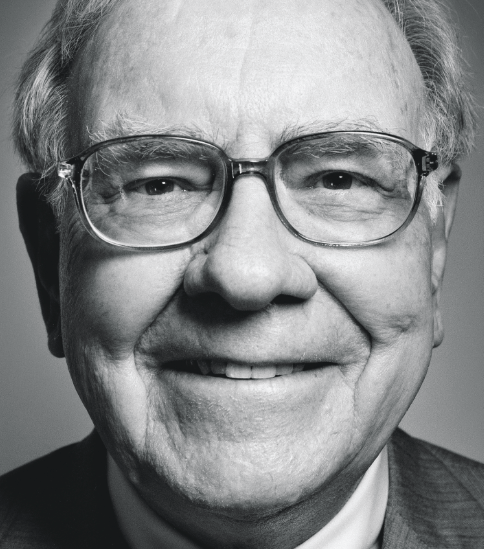Great article from Steelcase on the benefits of daily meditation, the ability to focus at will and letting your brain solve problems subconsciously.
Build upon the existing and improve dramatically
In a great article on what the Apple TV may become Horace Dediu describes a scenario of disruption:
What Apple best contributes asymmetrically is a new experience. The experience allows new behavior, new usage models and hence new loyalties to emerge. The loyalties create affinity which shifts the “love interest” for the user. The new Apple TV attempts to provide such a contribution. Not only in terms of the experience but also for becoming, finally, a platform for developers, who will try to make the product itself better in collaboration with Apple. Thus the “new experience” flips when bits which are streamed cohabit a device with bits which expect a consumer response.
This “appification” becomes an interesting experiment in behavior alteration. Will “couch time” change from pure passivity to partial interaction?
To the orthodox adherents to the religion of linearity of immersive programming this sounds impossible. But why else should a product deserve to exist? A great product is one which changes the user and for Apple TV to become great it needs to engage us to do something different than we do today. It needs to make us feel we are better for using it.
Is this new Apple TV up to it? We’ll have to wait and see. But then again, if not this one, then another one will. TV will not remain unchanged forever.
Build upon the existing and improve dramatically.
From the science of “Inside Out”
The New York Times published recently an article on the science of the movie “Inside Out”. It describes how emotions shape and organize rational thinking (cursive mine):
First, emotions organize — rather than disrupt — rational thinking. Traditionally, in the history of Western thought, the prevailing view has been that emotions are enemies of rationality and disruptive of cooperative social relations.
Scientific studies find that our current emotions shape what we remember of the past.
Second, emotions organize — rather than disrupt — our social lives. Studies have found, for example, that emotions structure (not just color) such disparate social interactions as attachment between parents and children, sibling conflicts, flirtations between young courters and negotiations between rivals.
Those who are able to associate a constructive emotion to whatever they encounter in life will see anything as an opportunity to build on. The key here is that you can train yourself to certain emotional reactions and such emotions will shape subsequent thinking.
Incidentally, the movie is beautiful.
Feeling like a failure
Failure is not what happens, is the story you make out of what happens. Thank you Seth Godin.
The Secret of Happiness
Nasrudin is known as much for his wisdom as his foolishness, and many are those who have sought out his teaching. One devotee tracked him down for many years before finding him in the marketplace sitting atop a pile of banana peels–no one knows why.
“Oh great sage, Nasrudin,” said the eager student. “I must ask you a very important question, the answer to which we all seek: What is the secret to attaining happiness?”
Nasrudin thought for a time, then responded. “The secret of happiness is good judgment.”
“Ah,” said the student. “But how do we attain good judgement?”
“From experience,” answered Nasrudin.
“Yes,” said the student. “But how do we attain experience?”
“Bad judgment.”
(Joel Ben Izzy, The Beggar King and the secret of Happiness, 2005) via Jim Horning
Learn from someone else’s mistakes
Failure, as described by the entrepreneur who started Wattage.
Whenever you need to create a market from scratch for your product you are in trouble. I wonder, did it scratch an itch? Did they start the company because they were unhappy with what was available? Had that happened probably they would have had more focus and, possibly, a market.
Awaiting to hear the bad news
Failure or success is a matter of attitude in a SpaceX failed launch
OK
Kobe Bryant is already thinking how he can turn this into something good.
Patience and discipline versus greed
Berkshire Hathaway latest letter to shareholders is educational as any before it.
A new beginning
Great article by Candice Wiggins, life is built on what happens every day.









